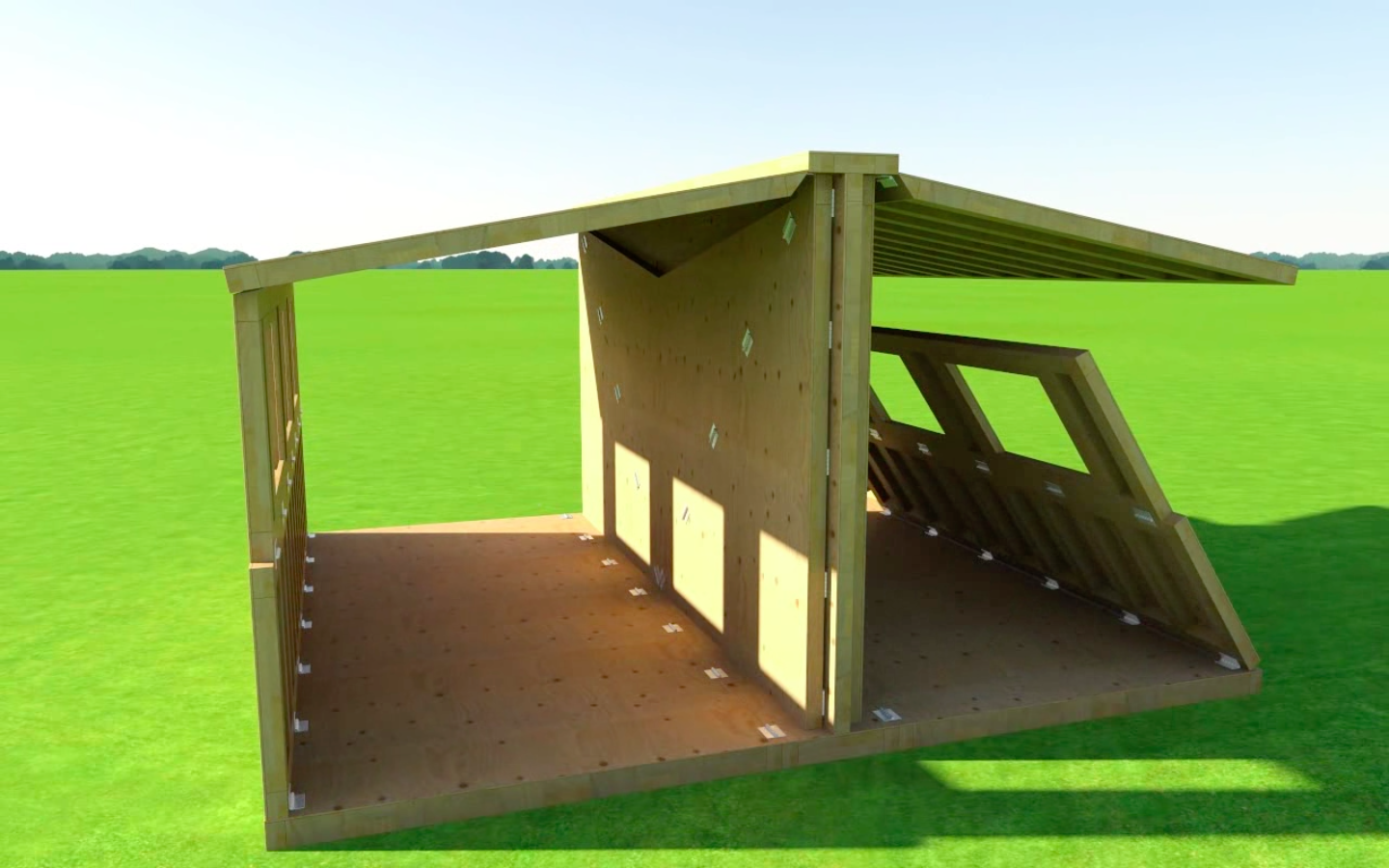Extremis Technology, a UK-based business that develops emergency shelters for disaster-struck areas, has passed the £100,000 mark on its Crowdcube campaign.
The business works with the University of Cambridge in developing flat pack housing that can be sent straight to areas going through humanitarian crises.
Its most pressing work currently is sending shelters to earthquake-hit areas of Nepal. These are being used for housing and even pop-up schools in communities that are trying to re-build themselves. Five members of the ClearlySo angel network, an organisation focused on ethical investment, are among the backers.
The company’s efforts have garnered support from as far afield as California. Los Angeles-based Nepalese film director Nani Sahra Walker has approached Extremis to purchase shelters for cloud learning centres in Nepal – where around 3,000 schools are thought to have been lost to the devastating earthquake earlier this year.
>See also: Manchester Utd named football’s first $1bn brand
Nani said she was “extremely impressed” with Extremis’s response to the Nepal disaster – led by CEO Julia Glenn.
“For that reason we plan to purchase 5 HuSh Shelters to create the first learning center during the transitional rebuilding phase in Nepal,” she said.
“Our longer term objective is to provide centers for education is a long-term plan to promote learning throughout the affected regions, especially in Gorkha, Sindhupalchowk, Nuwakot, Rasuwa, Dhading, Dolakha, Sindhuli, Ramechhap and Okhaldhunga.”
Extremis CEO Julia Glenn told Growth Business the company is in contact with lots of investors it is hoping to “push over the line”.
“We’ve reached the middle of the crowdfunding campaign – a kind of inflexion point – where people are waiting to see which way it’s going,” she said.
“Investors have recognised the engineering superiority of our product. The USP is that is can be folded and taken over to the site in one piece, so there’s no assembly process.
“Ultimately we want to move to a licensing model where local factories can manufacture the units and that they can made anywhere in the world. The plant doesn’t have to be particularly sophisticated to accommodate production.”







